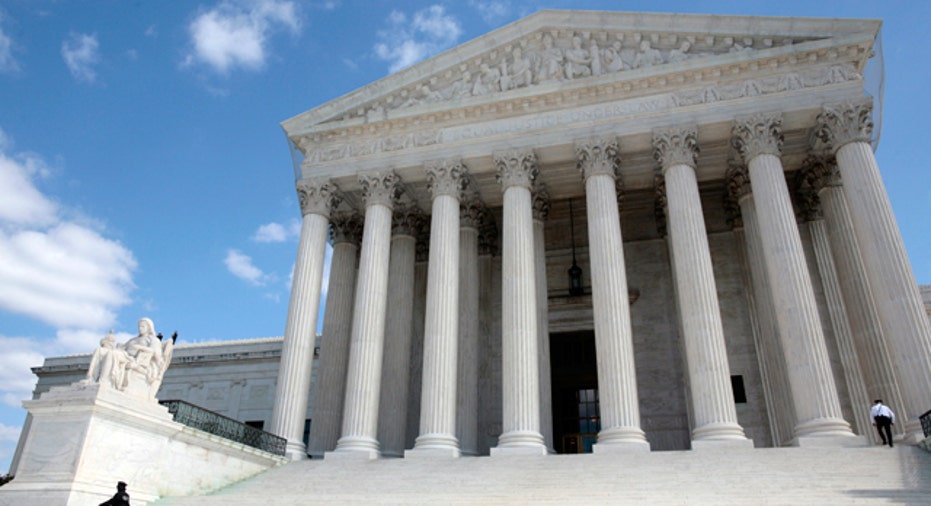DOMA Ruling To Impact Government, Employee Spending

The U.S. Supreme Court’s ruling Wednesday striking down the Defense of Marriage Act (DOMA) is expected to have a broad financial impact on both federal and private employer spending as same-sex married couples become eligible for benefits previously denied them.
In an ideologically split 5-4 decision, the Supreme Court overturned the portion of the 1996 law that defined marriage as a heterosexual union. The top court said the law violated the rights of same-sex couples by denying them government benefits available to heterosexual couples.
Currently there are an estimated 1,138 federal benefits provided on the basis of marital status. All of those benefits will now be available to same-sex married couples who reside in the 12 states where same-sex marriage is legal.
For example, same-sex couples will now be eligible for Social Security benefits based on joint spousal income. This will raise benefits for recipients married to a partner with a larger income. The Congressional Budget Office has estimated that these added benefits could cost $350 million a year by 2014.
For employers, the ruling will eliminate restrictions that blocked access to spousal health-care benefits as well as benefits provided when a spouse is injured or killed on the job. Small business advocates have argued that the added burden will hurt business owners’ bottom lines, but economists say the impact will likely be negligible. Larger businesses of 100 or more employees could see an impact of about $25,000 per year, according to one recent analysis.
The precise economic impact on government spending wasn’t immediately clear. However, some data compiled in advance of the ruling suggests it could be costly.
In Minnesota, for instance, state budget officials recently released a report estimating that legalizing same-sex marriage could eventually cost Minnesota $678,000 a year. The report said the state would be required to spend $688,000 annually to provide health insurance benefits to same-sex spouses of state employees. That expense would be slightly offset by increased marriage license fees raised by a surge in gay couples getting married in the state. But that surge in marriage licenses would likely be temporary.
The U.S. Government Accountability Office estimated that in addition to the 1,138 federal benefits now open to same-sex couples there are more than 400 state benefits for which they will also be eligible.
The list of federal benefits includes eligibility for Social Security survivors’ benefits when a partner dies; tax breaks that include estate tax exemptions and head of household deductions; emergency leave benefits if a partner or family member of a partner is ill; and accessibility to green cards and visas.
Due to the complexities of federal eligibility laws, it remains unclear how many of those benefits will extend to same-sex couples who married in states where same-sex unions are legal but live in states where it isn’t.
Same-sex couples in which one member is in the military stand to benefit either way because the Defense Department provides military spousal benefits based on the laws in the state where the couple got married.
The Supreme Court’s majority ruling said DOMA “places same-sex couples in an unstable position of being in a second-tier marriage.” The ruling came as momentum seems to favor legalizing same-sex marriages. Six of the 12 states where same-sex marriage is now legal have given their approval in the past year.



















